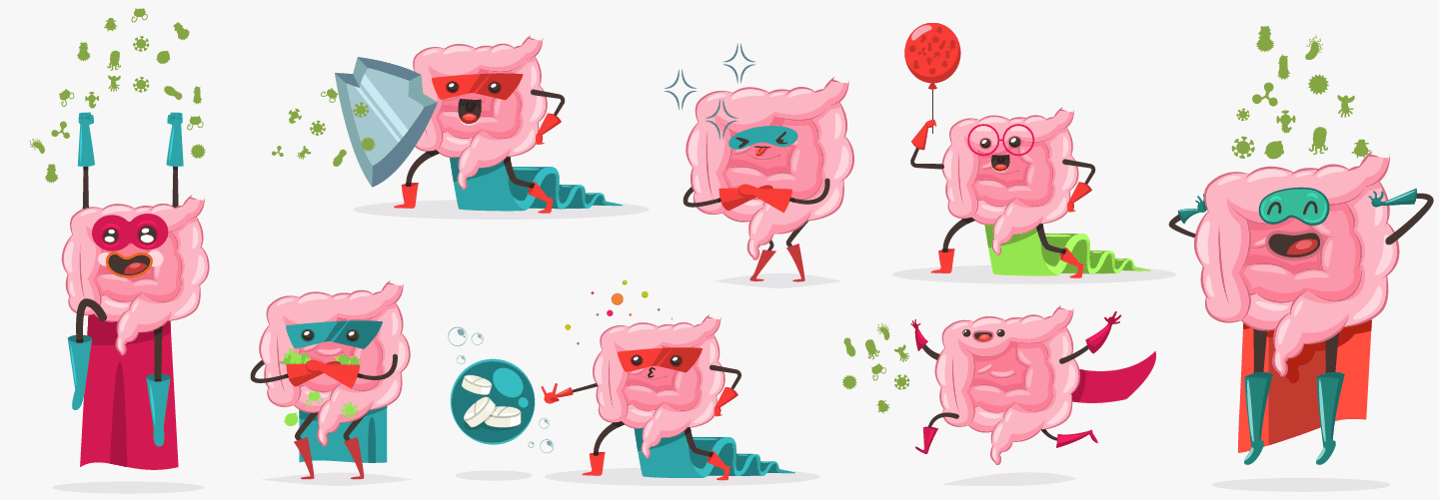What is the Microbiome?
- Home
- Blog

Reader, our bodies are amazing feats of nature. Each of our bodies are made up of 32 trillion cells unique to us, all of which work together to create the majestic symphony that is your life. But within each of our bodies, there exists an even larger number of cells that don’t belong to us at all. But while these cells, which outnumber ours by a whopping 3-to-1 ratio, aren’t technically “ours”, they do play a critical role in your health and wellness. When they’re happy, we’re happy. But when they’re unsettled, our mental health can suffer.
So what are these cells, and why should you care about them? They’re your microbiome–and by understanding more about the 90 trillion organisms living inside your gut, you can shape or reshape your very destiny.
Why You Should Pay Attention to your Microbiome
As scientists continue their exciting research into how our microbiome impacts our physical and mental health, “microbiome” is becoming more and more of a cultural buzzword–and for good reason. As one paper puts it, “It is becoming increasingly clear that the development, growth, and health of macroorganisms (like us humans) are influenced by the complex microbial communities they host that shape their ecology and evolution.”
John Donne said no man is an island… and that has never been more true than when we consider that our own bodies are engaged in a lifelong symbiotic relationship with our gut microbiome. For the most part, the bacterial communities living inside of us engage with us in a mutually beneficial relationship: if we feed them a healthy diet, they help us feel good. However, when we feed them a poor diet, resulting in an unhealthy microbiome, we may encounter allergies, hormonal changes, problems with weight gain, and more.
Your Microbiome, a Leaky Gut, and Your Mental Health
At Potomac Psychiatry we have an expression, “Leaky Gut, Leaky Brain, Leaky Emotions.” This relates to the negative impact caused by a microbiome in dysbiosis which can destroy our mental health, both directly and indirectly. And your mental health can also impact your gut health: for instance, diet, exercise levels, and hygiene all may shift depending on the state of your mental health–and each of these factors can play a role in keeping your microbiome healthy or throwing those 90 trillion bugs into a dysbiotic state.
Mental health and gut health are a two-way street, and keeping one of them healthy usually means the other will benefit in return. To read more about this important symbiotic relationship, check out our blog series on the microbiome, or contact us today to speak to our nutritional psychiatrist about how paying attention to your trillions of gut bugs can have an impact on your wellness and your future.
.png?width=144&height=144&name=Untitled%20design%20(34).png)



